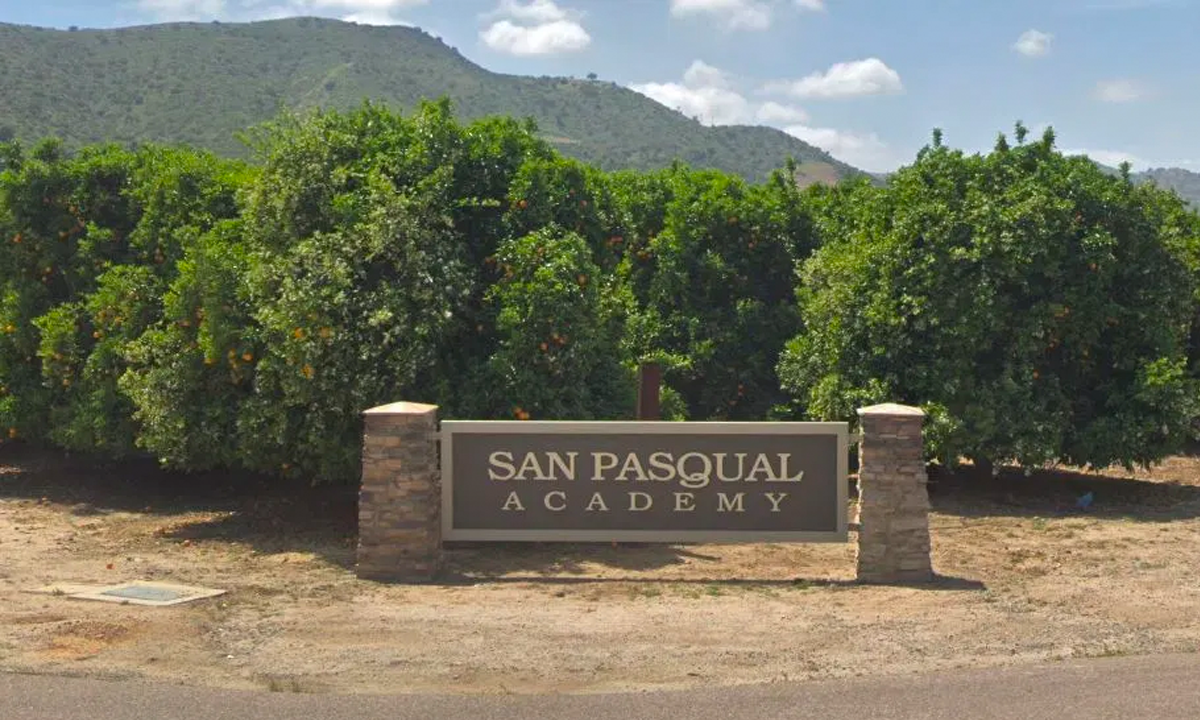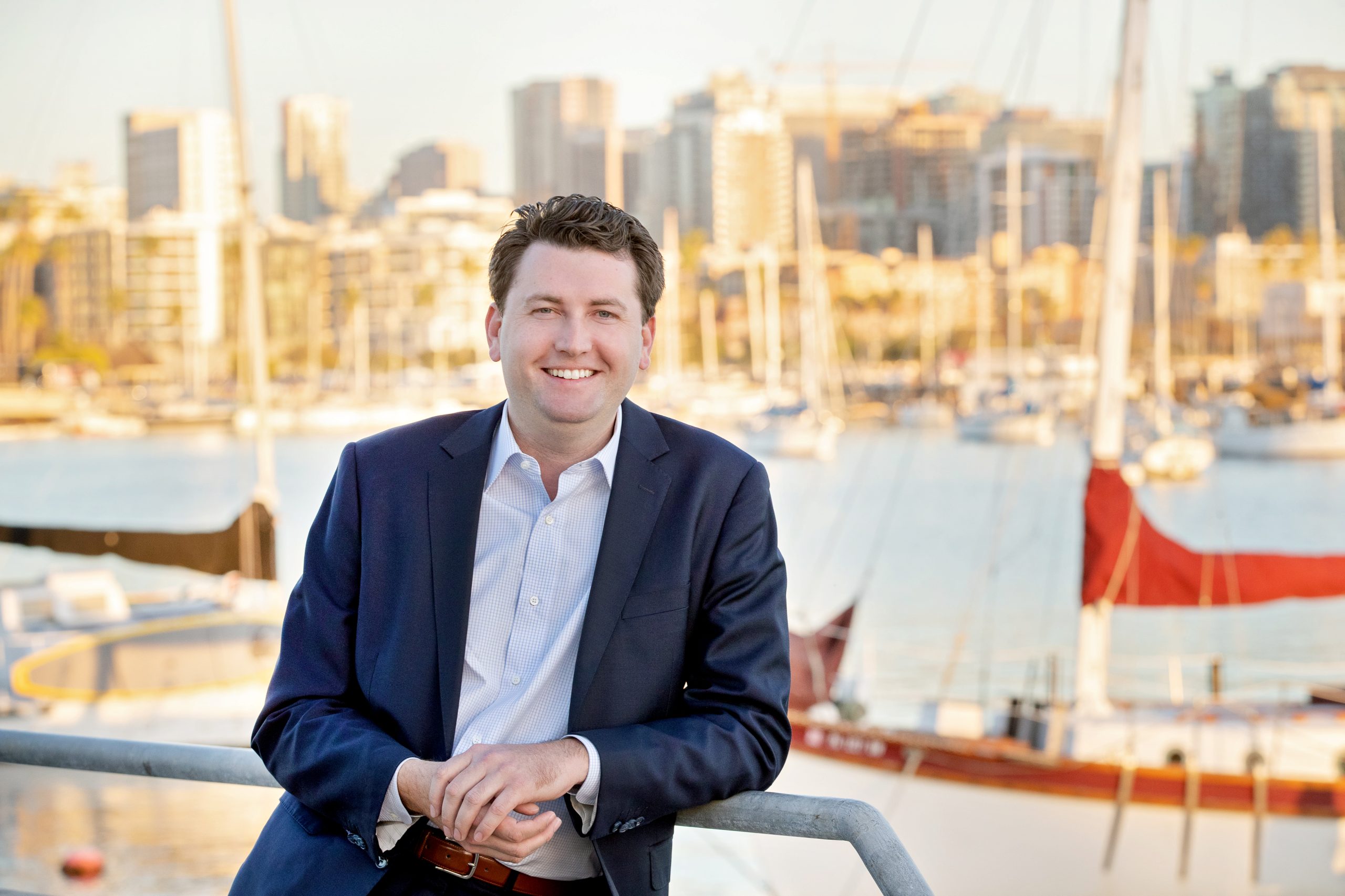Written by Mark Powell, first published by Times of San Diego
Changes in state and federal law could force San Diego County child-welfare officials to close San Pasqual Academy, the first-in-the-nation residential home for dependents of the Juvenile Court. The move to close the academy in the middle of a global pandemic is shortsighted and harmful.
Now is not the time to experiment with our most vulnerable students to determine if they will thrive in a different living and learning environment. The academy needs to be granted an extension at least until we are out of the COVID-19 pandemic — our foster children deserve at least that.
School closures were intended to keep students safe during the pandemic, but for many students this has ushered in a different set of dangers: anxiety, depression and other serious mental health conditions. Make no mistake about it, closing the academy and forcing students into a different learning and living situation is going to harm them greatly and will exacerbate some of the same conditions many of the students already suffer from.
Many have identified the San Pasqual Academy as merely a boarding school for foster children, but it is much more than that. It is a family, and just like any other family the students love, support and care for each other.
Education of the students is under the authority of the San Diego County Office of Education, which serves our county’s most vulnerable students. It is imperative that county office work with all stakeholders to determine how to postpone the projected closing so students aren’t placed back into foster care.
A child entering foster care will likely live in more than four homes during the first year of care. It is common for children who grow up in foster care to move more than 15 times. Each move can mean falling further behind in school and having to make new friends.
Among those in greatest risk for becoming homeless are youths who age out of foster care. They experience high rates of mental health disorders, a high risk of physical or sexual victimization, and a lack of access to health care services. The San Pasqual Academy has been designed to address these issues and has implemented safeguards for the students so they always have a place to return to even after they graduate.
The academy is the student’s home and they cannot go back to the dysfunctional environments they were removed from. Maybe the decision makers overlooked the obvious, which is that the academy is not just a foster home. It happens to be designed and tailored specifically for foster children, so it has many of the state requirements that protect them, but these requirements are overlaid on the basic structure of a full-time academic high school.
In addition, over 20 years of continual improvement and a laser focus on the development of high-risk foster children, the academy has developed and refined a culture of life skills programs, mentorship and social interaction that is focused on the special needs of foster children. The academy literally “changes the trajectory” of these high-risk students’ lives.
As reported in 2020 by UC Davis, San Pasqual Academy has a stellar 97% high-school graduation rate. In addition, as is the case with many full-time academic institutions, the academy produces outstanding citizens with bright futures and a focus on future growth and contributions to America. This amazing transformation is most evident at the annual graduation ceremony as each student talks about their experience at the academy and its impact on their lives.
The San Diego County Board of Supervisors and the San Diego County Office of Education need to work with our state legislators to reprogram resources to replace the academy’s much needed federal funding.
San Pasqual Academy is a shining example of what San Diego County can contribute. We cannot lose this invaluable county resource because of loss of federal funding or due to inaccurately characterizing this unique academy as a foster home.
Photo via Google Street View




